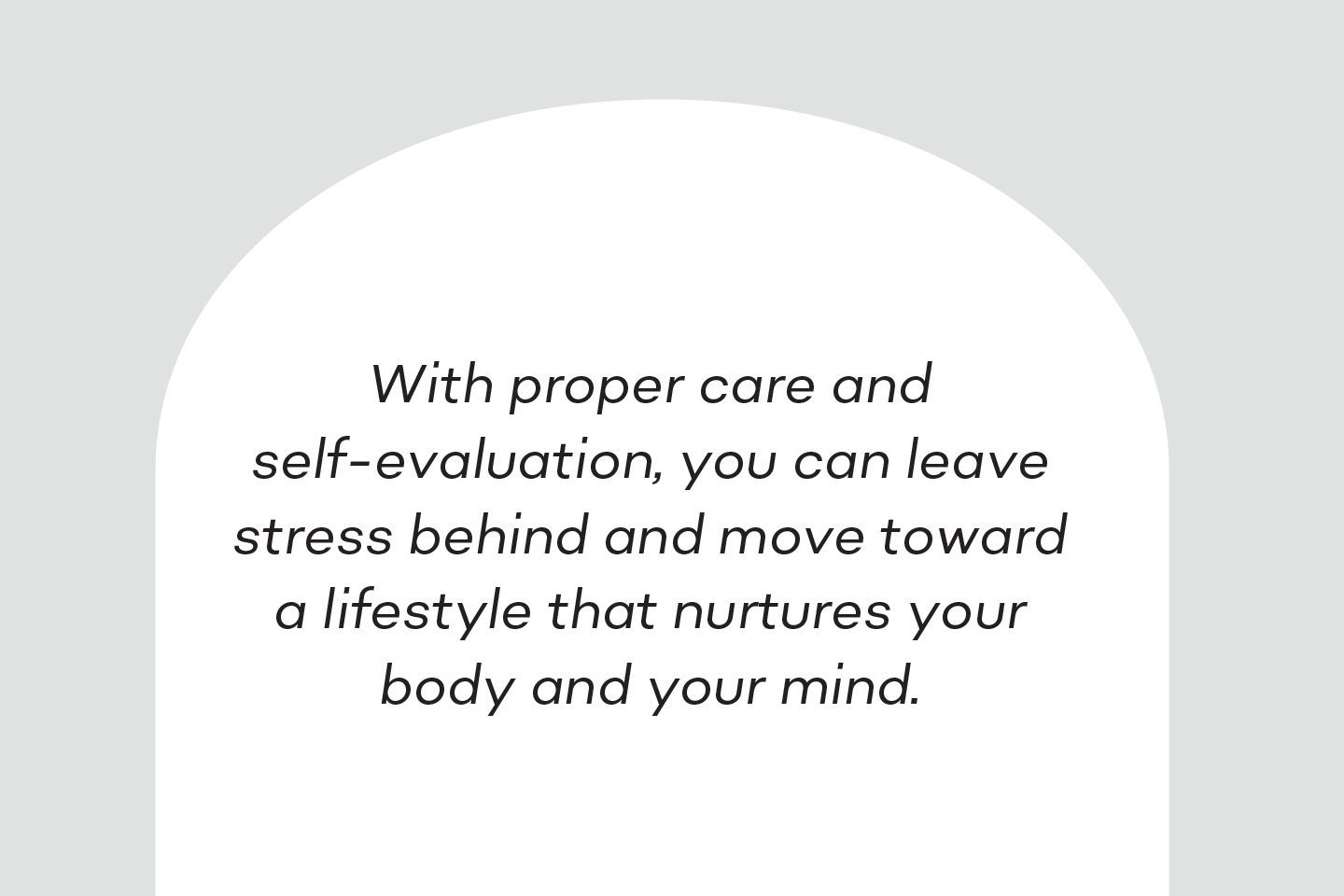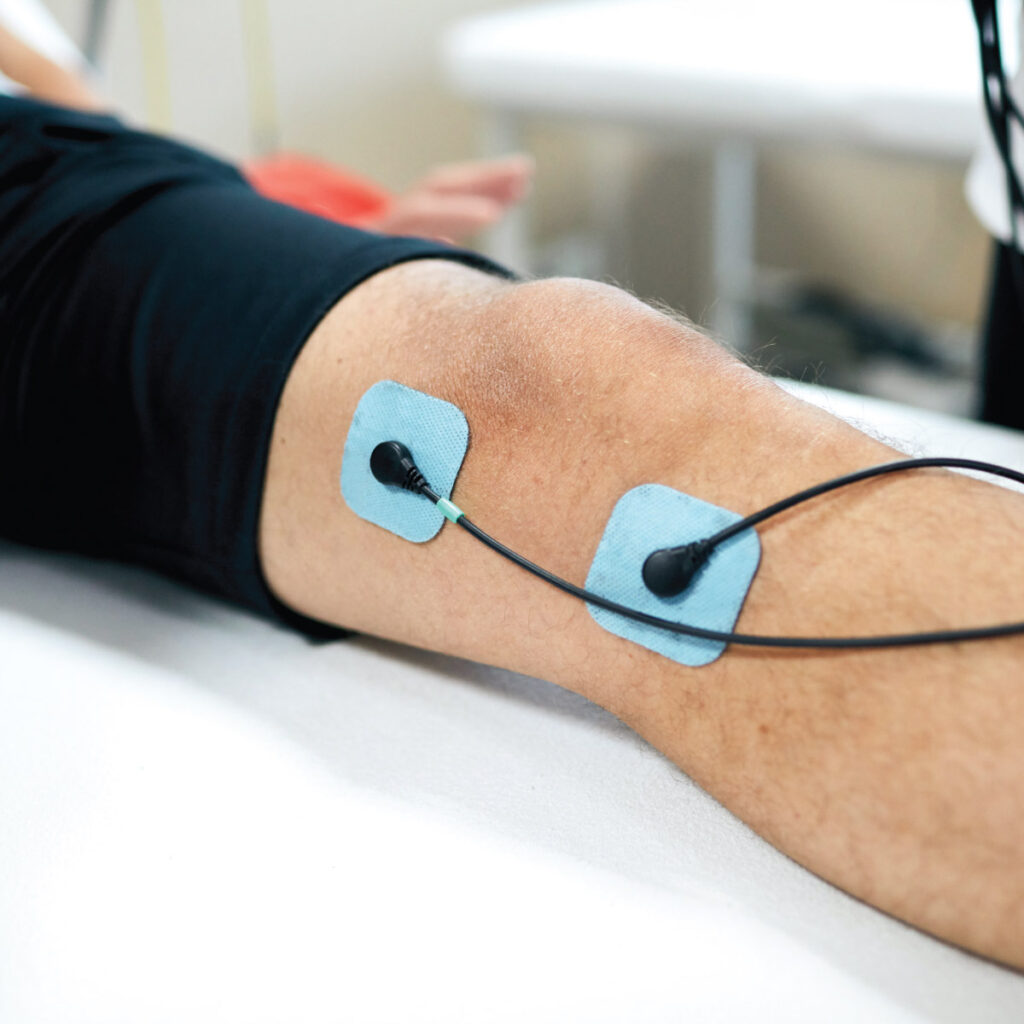Stronger Without Stress
Stress doesn’t require a life-or-death circumstance to emerge. When your finances take a turn for the worse, anxious feelings settle in for the long haul. When you have overcommitted and the obligations start piling up, stress is there to convince you that 24 hours in a day are simply not enough.
While stress affects everyone to some degree, women are 11% more likely than men to report physical and emotional symptoms of stress, according to data from the American Psychological Association. Here’s what women need to know about stress and how to live a healthier life without it.
By Olivia Halverson

Internal Medicine Physician,
RiverRun HEALTH Primary Care
You’re not alone.
Stress is certainly not unique to women, but there are stresses that are more commonly experienced among women. Dr. Tye Young, an internal medicine physician with RiverRun HEALTH Primary Care, explains that many of his female patients face similar stressors associated with motherhood, making difficult decisions, and the pressure to balance career and caretaking roles.
“The stress from competing demands for their time ultimately translates into anxiety, depression, and maladaptive coping,” says Dr. Young. These conditions leave many women feeling isolated, not measuring up to peers who have assigned different priorities to career and family. In some cases, emotional instability can result. “This can be experienced as unexpected outbursts of anger, crying, road rage, or just wanting to escape through alcohol or isolation,” Dr. Young explains.
Stress takes a physical toll on the body.
When the body experiences stress, your nervous system signals your adrenal glands to release hormones called adrenalin and cortisol. Together, these hormones cause increased heart rate, faster respiration, dilation of the blood vessels, and changes in digestion and glucose levels.
The body is not meant to sustain days upon days of adrenaline-charged hyperactivity. Over time, chronic stress can cause a variety of health problems such as muscle tension, shortness of breath, and a range of digestive complications. It can also increase your risk for hypertension, heart attack, or stroke.
“The physical toll of stress I hear expressed most commonly by my female patients is weight gain,” says Dr. Young. Weight gain can occur as a result of the body withstanding an influx of stress hormones and an overindulgence in food and alcohol. Additionally, those who find themselves overcommitted rarely have time to get the physical activity they need to maintain a healthy weight.
“It’s important for stress-sufferers to consider how they can slow down and make better choices,” says Dr. Young. “There are a host of meal planning options to make healthy weeknight meals doable. You might also consider adding small increments of exercise to your regimen that involve the whole family, like community walks or bike rides.”

It’s never too late to get ahold of stress.
If you feel consumed by stress, Dr. Young has three suggestions for you: Talk to a friend about it, talk to a professional about it, and read a book about it. He adds, “A few suggested reads are Cleaning Up Your Mental Mess and Think & Eat Yourself Smart by Dr. Caroline Leaf and Get Out of Your Head: Stopping the Spiral of Toxic Thoughts by Jennie Allen.”
For those who suffer from a high degree of stress, it’s important to communicate those feelings with your doctor. There are many therapeutic and medicinal options available to treat the health problems caused by stress. “I always tell patients that once we have excluded a medical cause for their symptoms, we need to consider all the ways we can help: nutrition, exercise, stress management, counseling, therapy, and lastly, medication,” says Dr. Young.
Stress can be prevented.
You can’t put more hours in a day, but you can add a little word to your vocabulary that makes a big impact – “no.” Saying “no” can help you avoid overcommitment and free you up to say “yes” to something better, like investing in a healthy relationship or sweating stress away through exercise. Dr. Young also suggests staving off stress with good self-care. Take some downtime to meditate, pray, journal, or read. With proper care and self-evaluation, you can leave stress behind and move toward a lifestyle that nurtures your body and your mind.




